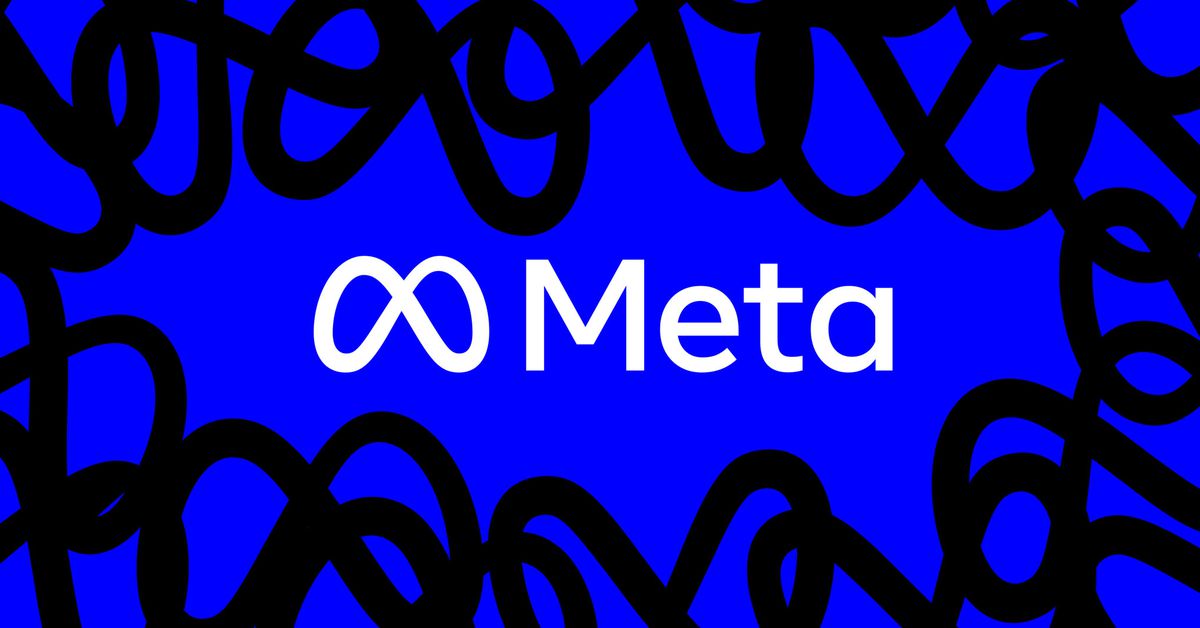A new Illinois bill called the Journalism Preservation Act (SB 3591) that’s currently sitting in the state’s Senate would require online companies to pay local news publishers for work viewed by residents on their platforms.
This follows in the footsteps of national laws in Canada and Australia, as well as in California. Like in those cases, Meta says it will pull news from its platforms in the state if the bill becomes law.
Meta spokesperson Jamie Radice told The Verge via email that news isn’t the reason most people visit Facebook and Instagram, and if the law passes, “we will be forced to make the same business decision that we made in Canada to end the availability of news in Illinois .” We asked Google for comment, but it did not respond by press time.
Under the bill, tech platforms like Meta and Google would be required to “track and record, on a monthly basis,” how many times their platforms have linked to, displayed, or otherwise presented Illinois residents any work from online publishers that have met the bill’s reporting requirements. The companies would then have 10 days from the end of the month to pay a “journalism usage fee” to each of those publishers equal to 1 percent of their advertising revenue for the period.
The bill calls local journalism “key to sustaining civic society,” saying it gives information “at a deeper level that national outlets cannot match,” but notes that “over the past 10 years, newspaper advertising has decreased 66%, and newsroom staff has declined 44%.” It says it’s “critical” that they be “justly compensated for the content they create and distribute.”
We reached out to the bill’s sponsor Illinois Senator Steve Stadelman’s (D) for comment on Meta’s statement, but a spokesperson said he was not immediately available.
Stadelman said in a News / Media Alliance release that he sponsored the bill because “the future of local journalism is in danger,” calling it essential for Illinois residents to have access to it. The bill is similar to California’s Journalism Preservation Act, which also requires platforms to pay local publishers, but which was postponed after Meta threatened to block news there.



![[CITYPNG.COM]White Google Play PlayStore Logo – 1500×1500](https://startupnews.fyi/wp-content/uploads/2025/08/CITYPNG.COMWhite-Google-Play-PlayStore-Logo-1500x1500-1-630x630.png)